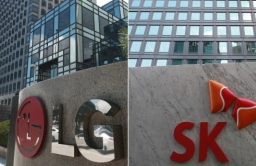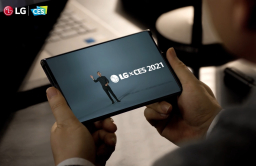-
KOSPI 2577.27 -2.21 -0.09%
-
KOSDAQ 722.52 -7.07 -0.97%
-
KOSPI200 341.49 +0.02 +0.01%
-
USD/KRW 1396 -2.00 0.14%
LG Elec to fold mobile phone business in 26 yrs
By
Apr 05, 2021 (Gmt+09:00)
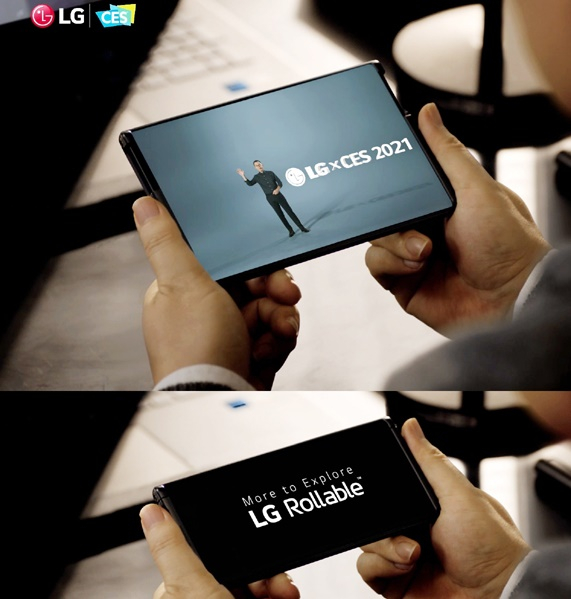
LG Electronics Inc. announced on Monday its exit from the loss-making mobile phone business, which has accumulated operating losses of 5 trillion won ($4.4 billion).
The South Korean home appliance maker decided at an Apr. 5 board meeting to close down its mobile communications division on July 31, the company said in a statement today, meaning it is pulling out of the market in 26 years.
In late January of this year, LG Electronics Chief Executive Kwon Bong-seok wrote that the company needed to make the optimal decision regarding its mobile communications business, which could be downsizing or putting the division up for sale, in an email addressed to the division.
His remarks followed the company's efforts to sell the struggling smartphone operation, raising market speculation that LG would close down the business after failing to find a suitable buyer.
Vietnam’s largest conglomerate Vingroup, Volkswagen and Google had been speculated as possible candidates to acquire LG's mobile phone business. But talks with them made no progress.
LG's mobile communication division has been in the red since the second quarter of 2015, reaching a cumulative operating loss of 5 trillion won.
Last year, LG Electronics posted 3.2 trillion won in operating profit, which could have exceeded 4 trillion won without losses from the mobile phone business, analysts said.
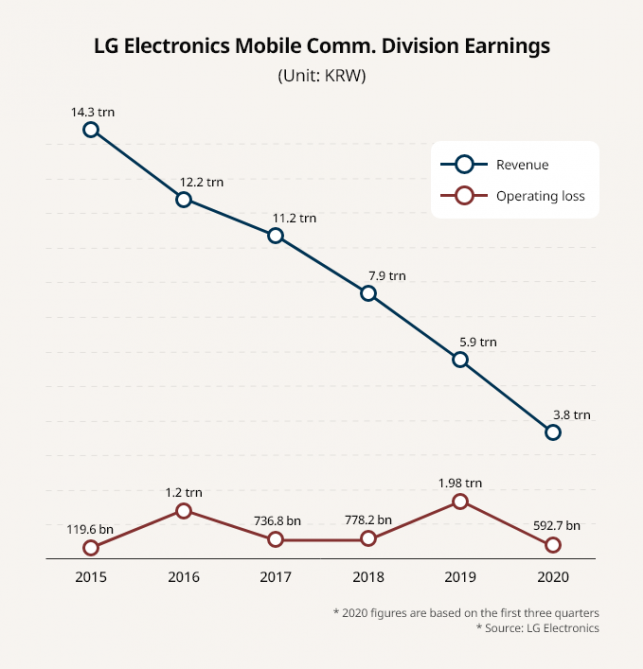
To shore up its bottom line, LG moved its domestic mobile phone factory to Vietnam in 2019 and reduced the number of the division's employees to 3,700 as of last year, versus 5,000 in 2017.
But its recent series of new smartphone models failed to gain popularity both at home and abroad. In the premium segment, LG lost market share to Apple Inc. and Samsung Electronics Co., while falling behind its Chinese rivals in the low-end market.
LG launched the world's first rotatable T-shaped smartphone in September last year, but it has not yet hit the market.

Going forward, LG will bolster its mobile technology capabilities with a focus on 6G, the next-generation standard of mobile communications under development, cameras and software to support its key businesses of TVs, home appliances, automotive parts and robotics.
"Despite closing down our mobile phone business, we will continue our research and development on mobile technology, a key to our future growth," LG said in the statement.
LG Electronics has been venturing into automotive parts related to electric vehicles and self-driving since it acquired Austria-based premium lighting systems maker ZKW in 2018.
It is set to launch a $1 billion joint venture to build electric car components with Magna International Inc., the world’s No. 3 auto parts maker, in July of this year.
Write to Park Sin-Young at nyusos@hankyung.com
Yeonhee Kim edited this article.
-
Apr 01, 2021 (Gmt+09:00)
-
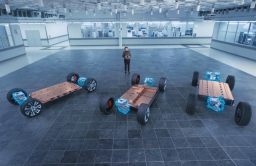 EV battery plantsLG Energy to invest over $4.5 bn to expand US battery facilities
EV battery plantsLG Energy to invest over $4.5 bn to expand US battery facilitiesMar 12, 2021 (Gmt+09:00)
-
 Business restructuringLG Electronics to consider selling smartphone business
Business restructuringLG Electronics to consider selling smartphone businessJan 20, 2021 (Gmt+09:00)
-
Jan 12, 2021 (Gmt+09:00)
-
 Future mobilityLG Electronics, Magna to launch $1 bn EV gear JV
Future mobilityLG Electronics, Magna to launch $1 bn EV gear JVDec 23, 2020 (Gmt+09:00)


